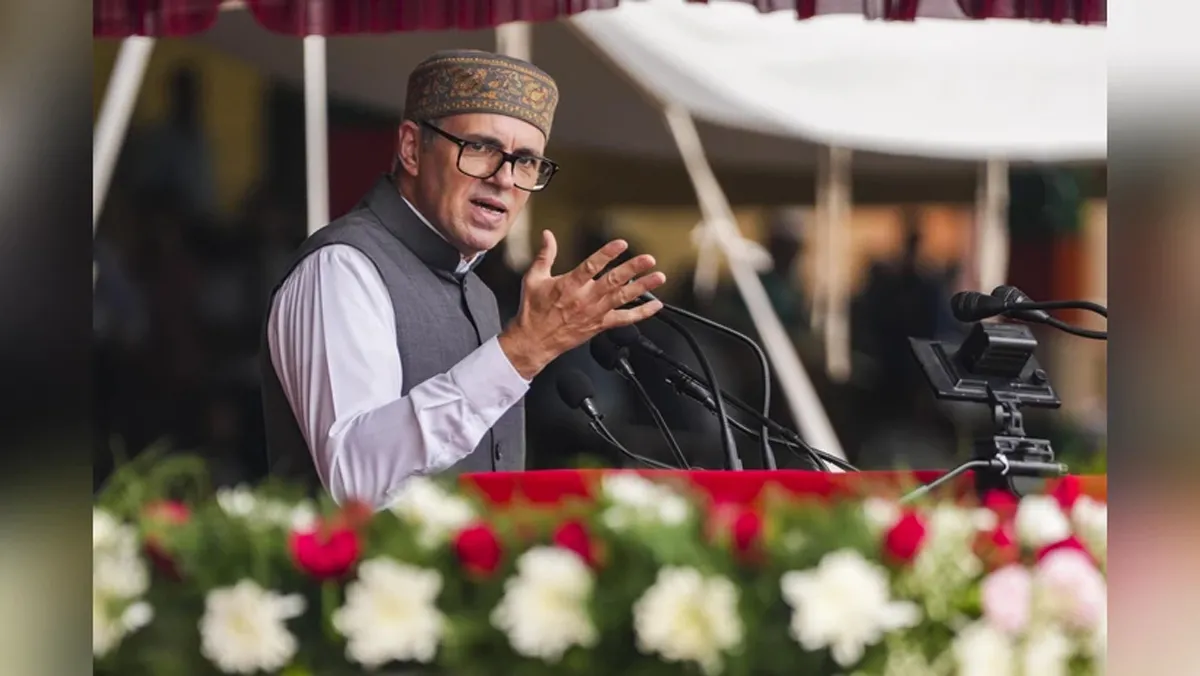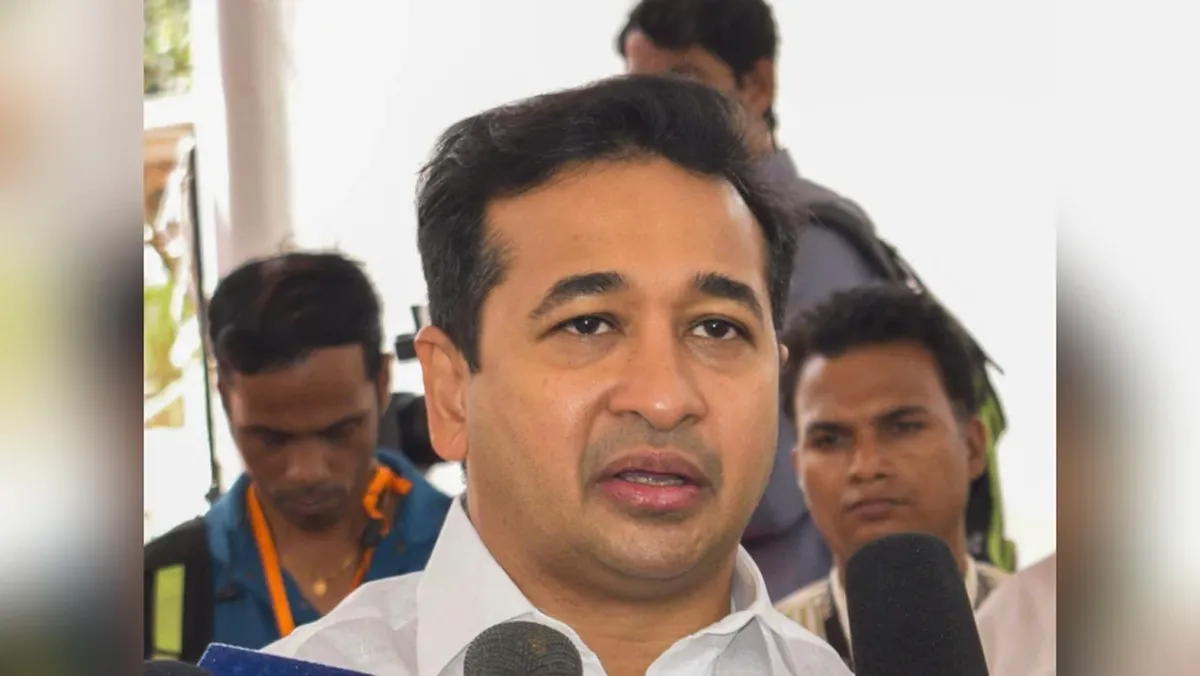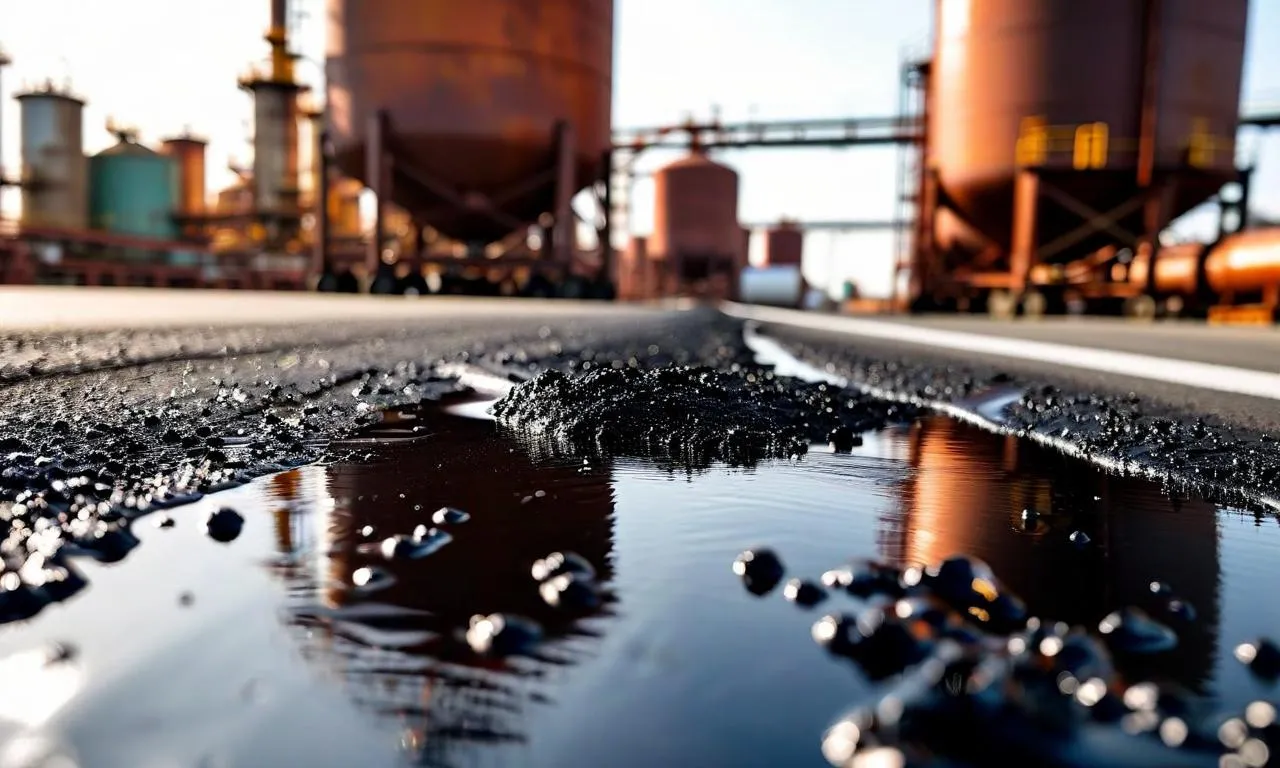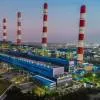PM Modi declares April 2019-March 2020 as Construction Technology year

J&K CM Rules Out Power Privatisation, Focuses on Sector Reform
Jammu and Kashmir Chief Minister Omar Abdullah has dismissed speculation regarding privatisation of electricity in the Union Territory, emphasising that his priority is to strengthen and reform the power sector.“We are not discussing privatisation. By reducing losses, improving billing efficiency, and enhancing revenue, there will be no need for it. My vision is to strengthen and reform the power sector in J&K,” Abdullah stated.He addressed the gathering at the 58th Engineers’ Day at SKICC on Monday evening, an event honouring Bharat Ratna Sir M Visvesvaraya for his pioneering contri..

Mumbai’s Sassoon Dock to Get Tech-Driven Modernisation with Finland
The Maharashtra government, in collaboration with Finland, will modernise Mumbai’s historic Sassoon Dock using advanced technology, state minister Nitesh Rane announced on Wednesday.Rane met a delegation of Finnish officials and representatives of Finnish companies at the dock to discuss strategic plans for upgrading the facility in south Mumbai, according to an official statement.Built in the 19th century, Sassoon Dock is one of Mumbai’s oldest and busiest fishing harbours. Operations currently exceed its original capacity, raising concerns over hygiene, odour, fish handling standards, an..

Agarwal Industrial Wins Rs 3.3 Billion IOCL Bitumen Tender
Agarwal Industrial Corporation rose 3.84 per cent to Rs 945.65 after announcing it had secured a prestigious tender from Indian Oil Corporation (IOCL) worth Rs 3.3 billion.In a regulatory filing during market hours, the company confirmed it had won the tender to supply Bulk Bitumen (VG-30 and VG-40 grades) to IOCL’s Kakinada locations.The firm quantity under the award totals around 60,500 tonnes across 11 parcels, while the optional quantity is approximately 33,000 tonnes across six parcels. This brings the total awarded quantity to roughly 93,500 tonnes. At current market prices, the firm o..
















